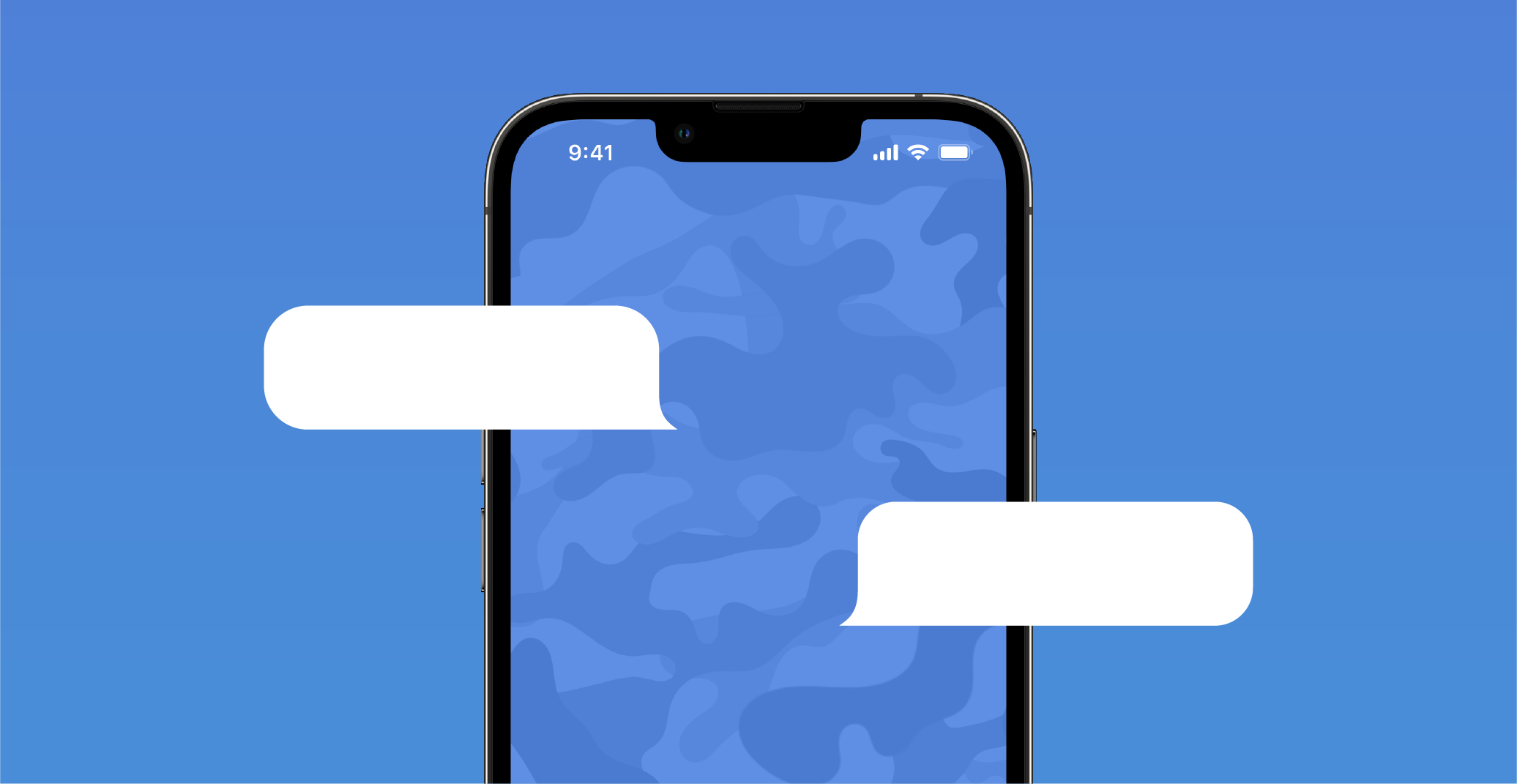The secrets of military communication

Professionally coordinated operational communications allow warfare to be done while preventing escalation and/or emergency scenarios.
In order to ensure the highest possible security of soldier communications on missions, to prevent espionage, and perhaps even to win the war, it is necessary to use a large number of military information and communication technologies. They should not only protect and provide communications for operational activities but also enable an exchange between military personnel at the "internal" and "secret" communication levels.
Nowadays, the use of mobile devices for communication has become so commonplace that it has even spread to the industries of military and defence. This scenario uses programs for communication, which are often called instant messengers.
The armies of different countries are looking for secure ways to exchange messages. Some are turning to already available commercial solutions, while others are developing their messengers with the help of the open-source community. Let's take a look at what messengers are used in the armies of the world, and what are their features, advantages, and disadvantages.
USA
The US military leadership suggested the use of encrypted messengers Signal and Wickr in combat zones, including in the Middle East. Both were created by the open community and are available for free download.
Open Whisper Systems created Signal, which uses its proprietary Signal System encryption protocol, which is used by other messengers. Wickr has created a military-specific RAM version. End-to-end encryption is provided for chat messaging, audio and video conversations, secure screen sharing, and massive file transmission and storage.
The usage of Signal and Wickr, on the other hand, violates the US Freedom of Information Act, which states that email and text messages received in official government activities are public and must be made accessible upon request. At the same time, both messengers offer the ability to delete messages, which are not saved on senders' or receivers' devices or the company's servers.
France
European governments seeking digital sovereignty are developing messengers such as Matrix using decentralised messaging protocols. The adoption of such a protocol enables you to store data in the application developer's infrastructure. This software's messenger contains open source code, solid end-to-end encryption, and is decentralised. The Matrix-based system was developed by the French Armed Forces. In 2019, they developed the Tchap messenger to replace Telegram, which was previously used by local government departments for communication.
Germany
The German armed services also utilise the Matrix-based BwChat messenger for military communications. The messenger, developed with the help of the nation's Armed Forces' Cyber Innovation Center and Stashcat, provides a secure communication route not only while deployed in the country, but also when deployed overseas. Because of end-to-end encryption and mobile application management, it may be accessed from both professional and personal devices (MAM). In a safe communication environment that conforms with data security and GDPR, BwChat blends traditional chat features with cloud storage.
Each user gets their own file storage area and each conversation has its own storage space. User data is encrypted and handled in line with German data protection legislation in a server centre in Hannover.
The program allows for secure document sharing, an infinite number of conversation participants and the surveillance and organisation of movements using the "Share GPS Location" function. It is not dependent on the user's contacts list.
Switzerland
Except for the native messenger Threema, the Swiss Army prohibited all chat applications in 2022. The military can no longer use Signal, Telegram, or WhatsApp.
Because Threema does not require users to enter a phone number or email address when enrolling, no identity may be determined using publicly available information. At the same time, the messenger allows you to identify persons in your contact list by their QR codes.
Israel
In the year 2020, the IDF developed a messenger that was functionally equivalent to WhatsApp. It looks and operates just like WhatsApp, but it has additional privacy protections built in for sending extremely sensitive operational data, such as while conducting reconnaissance.
India
The Indian Army introduced its SAI texting app in 2021. It is comparable to commercial competitors WhatsApp, Telegram, and Signal in that it enables end-to-end encryption for voice, text messaging, and video conversations.
The Indian app offers enhanced security protections since all data is handled on local servers.
China
There is no open source information available on the Chinese military's usage of instant messengers. Furthermore, most major instant messengers and social networks, including Facebook, Instagram, Twitter, Whatsapp, Telegram, Viber, and even ICQ, are restricted in the nation. Local military troops are most likely using WeChat, the country's most popular and government-controlled messenger.
The safety and security of data are extremely important, particularly when it comes to the official communications of the military and in the institutions of the defence sector. Every officer in the armed forces is responsible for ensuring the safety and well-being of their colleagues. The success rate of successfully protecting secret and personal information is directly proportional to the level of security, encryption, and compartmentalization of the connection.

